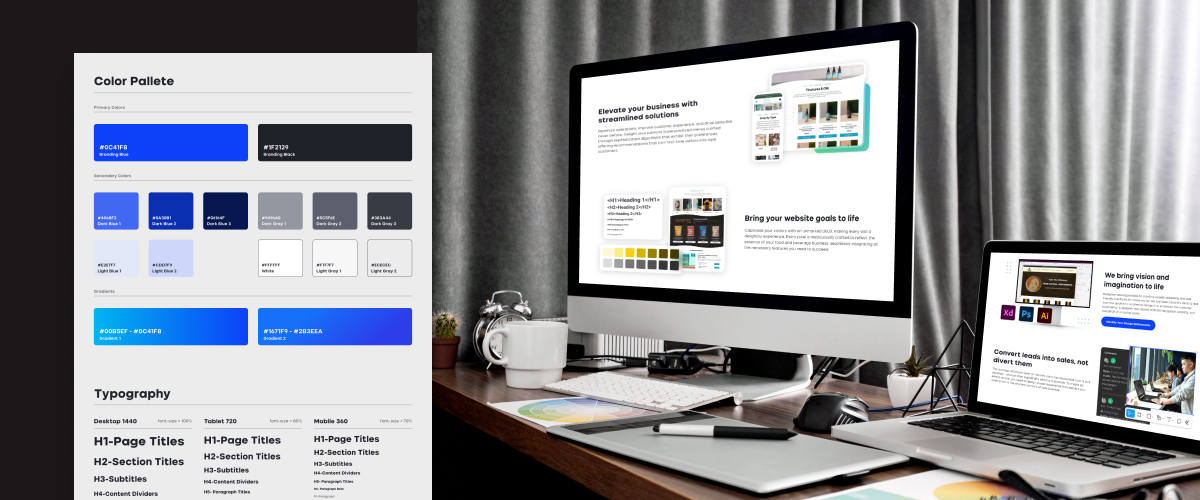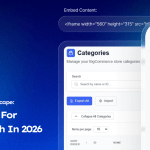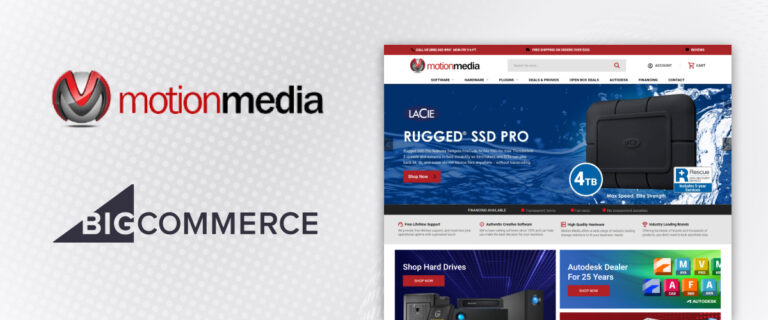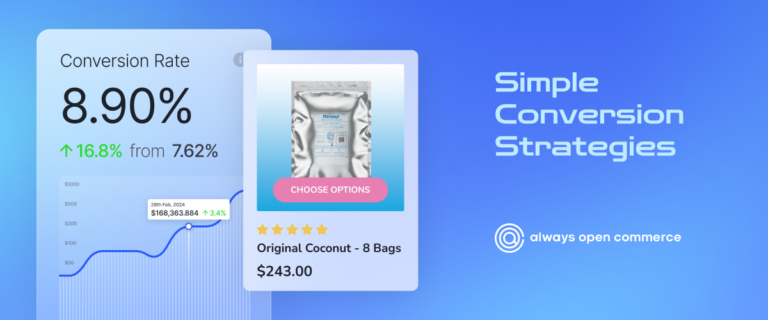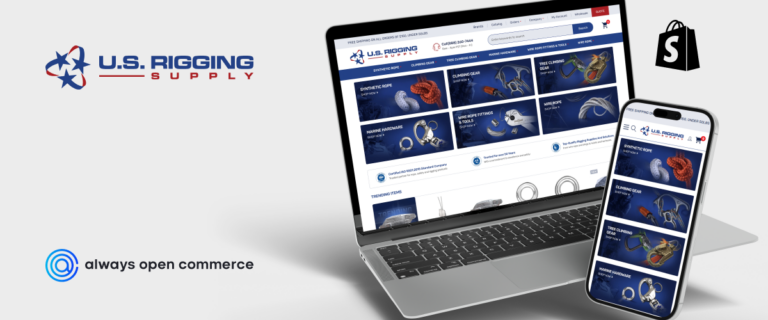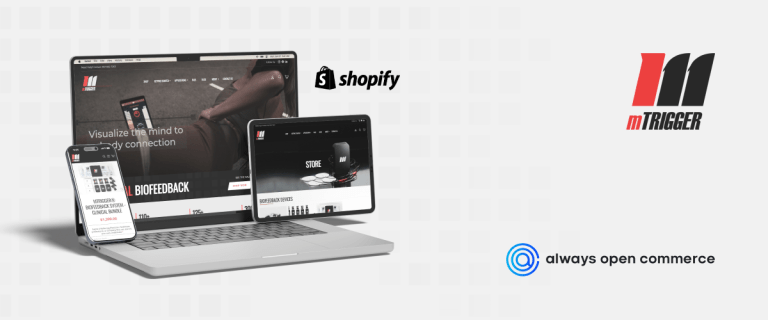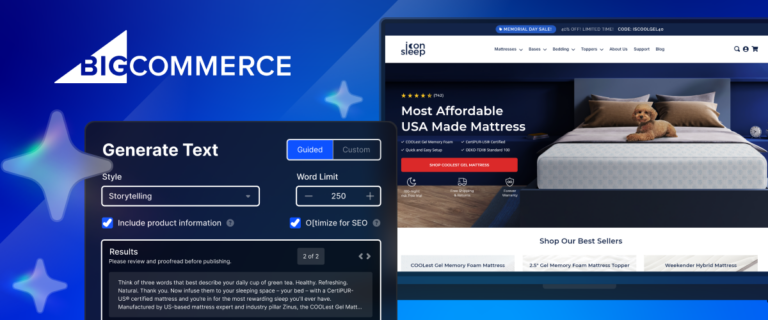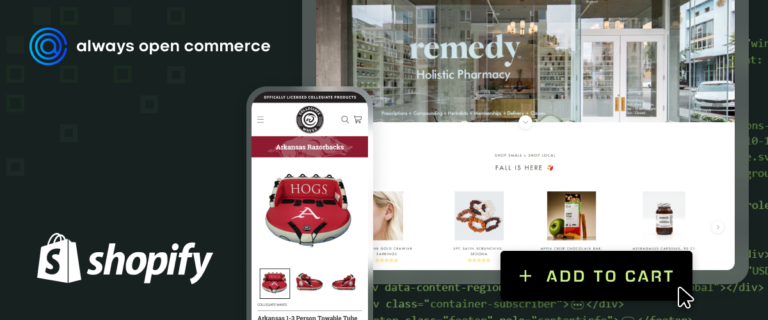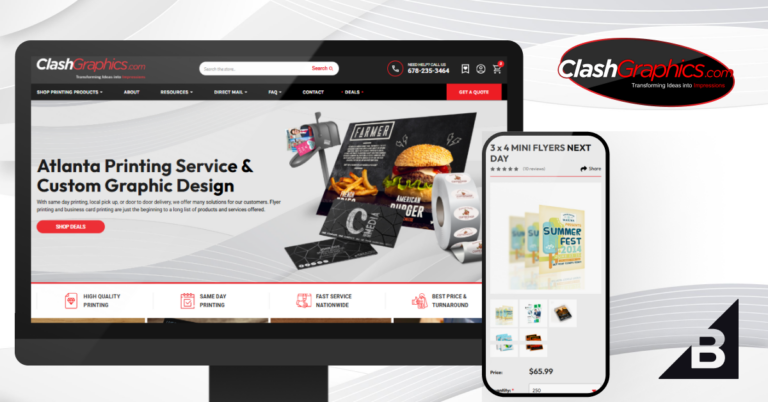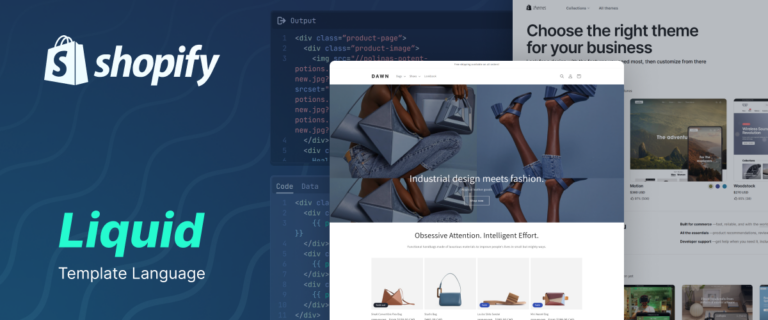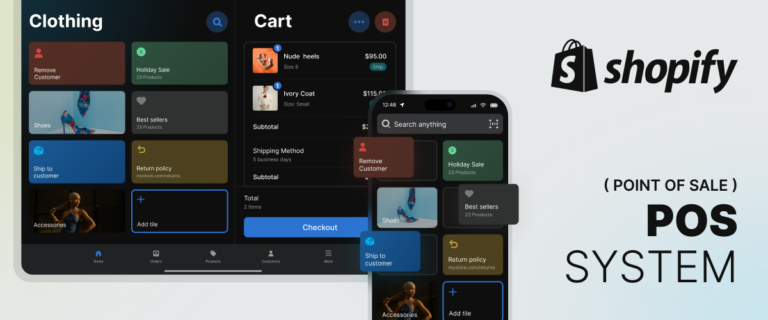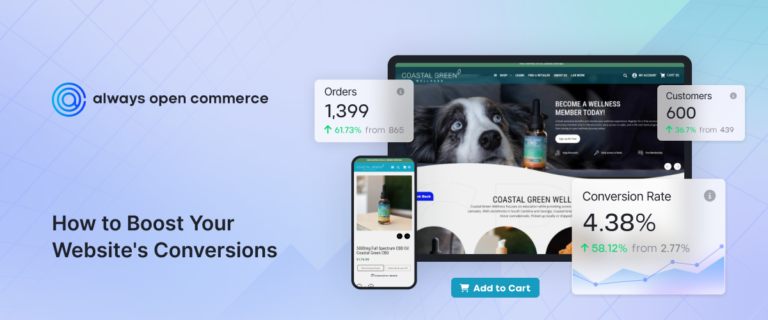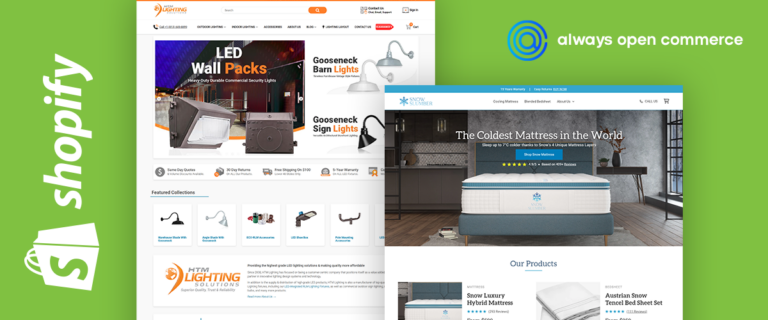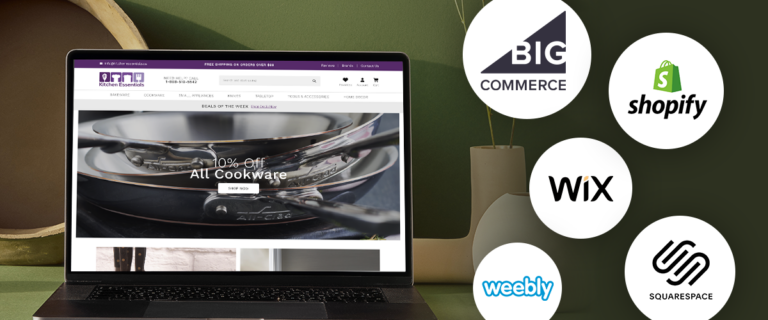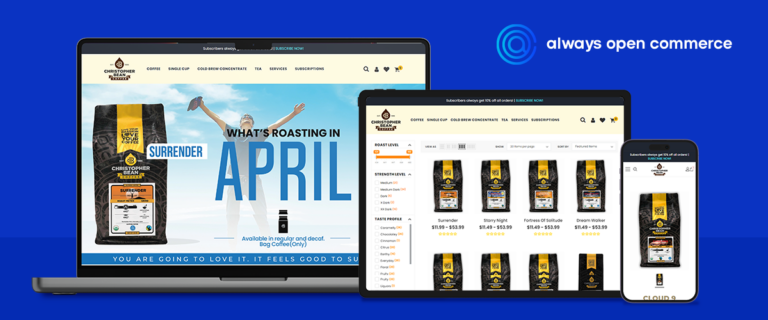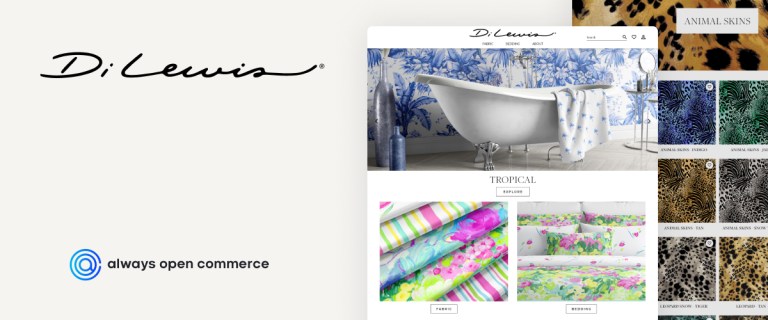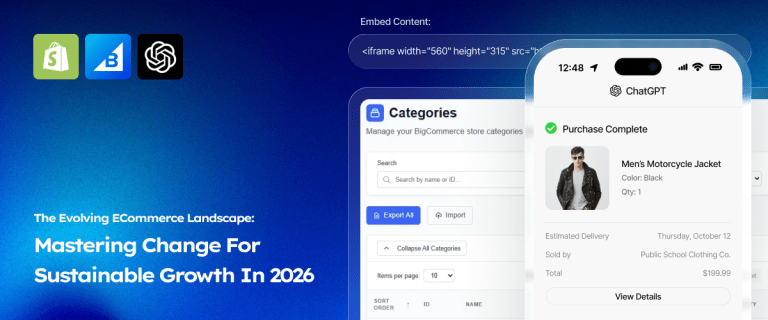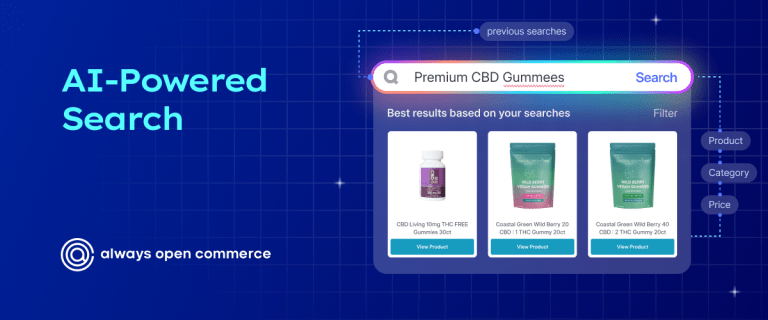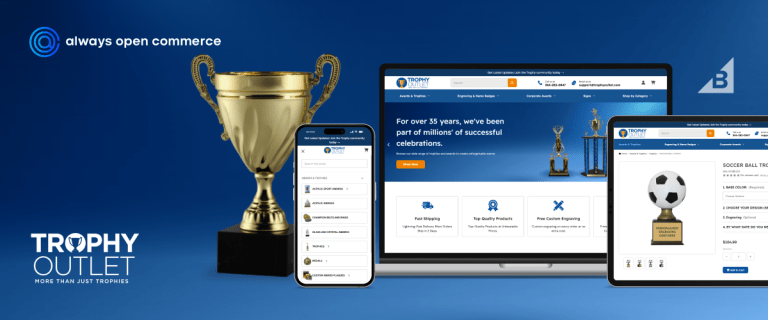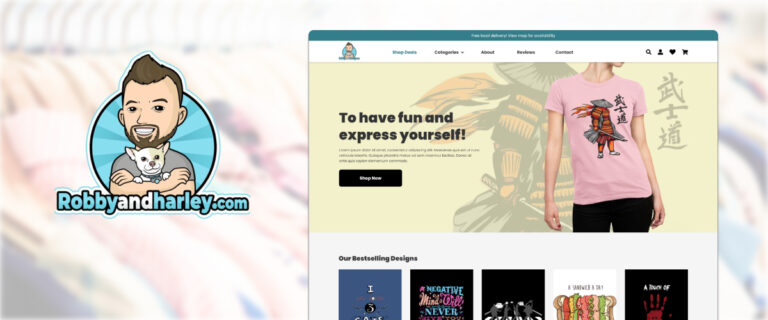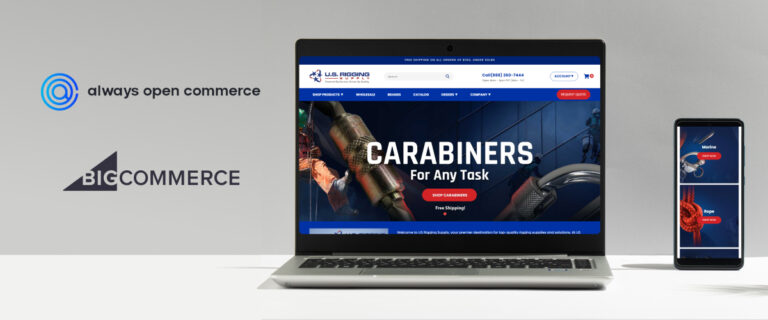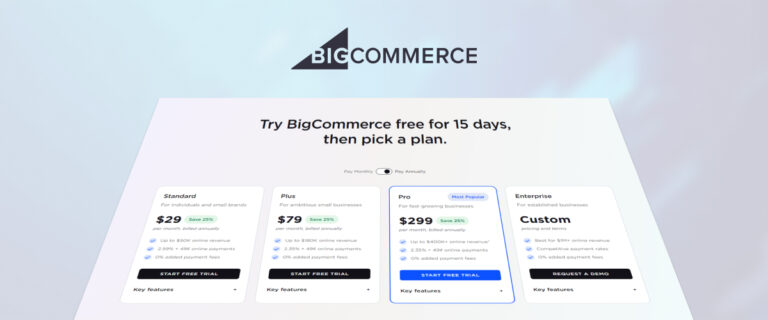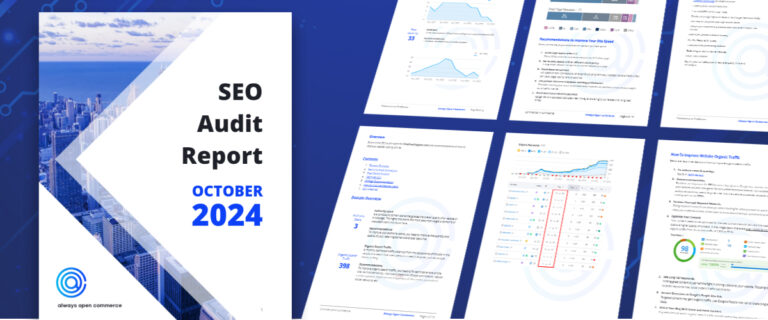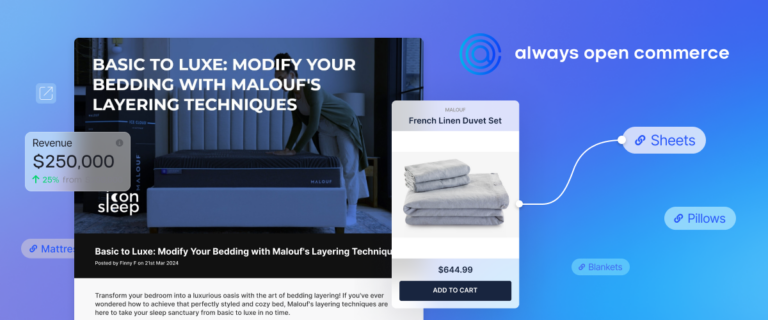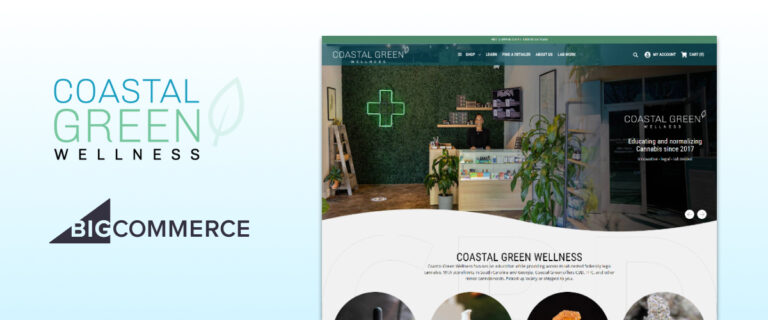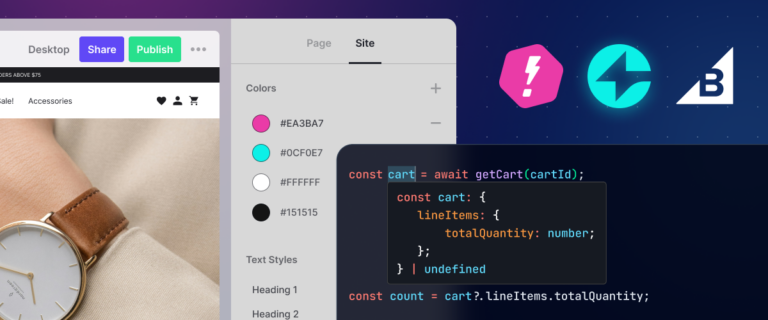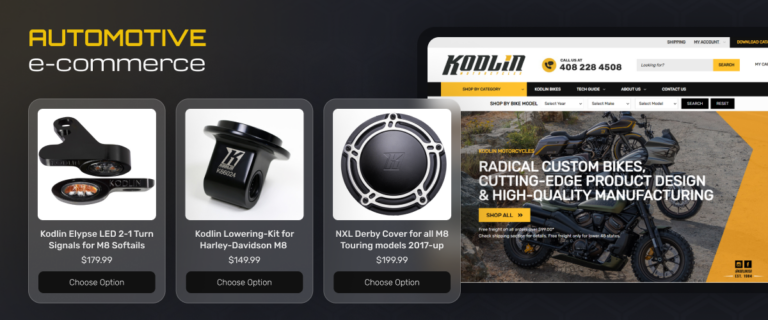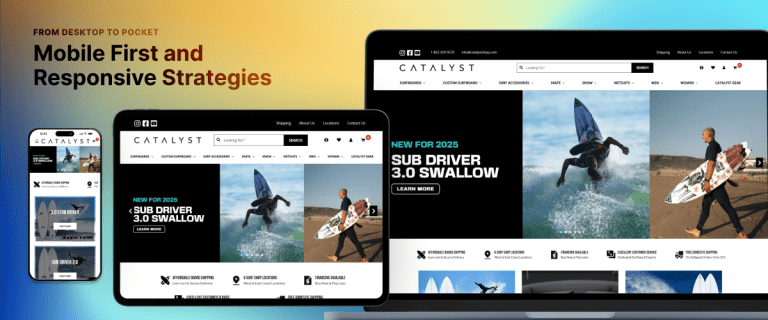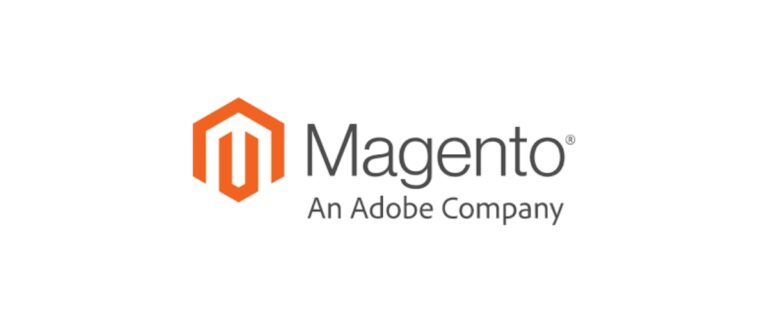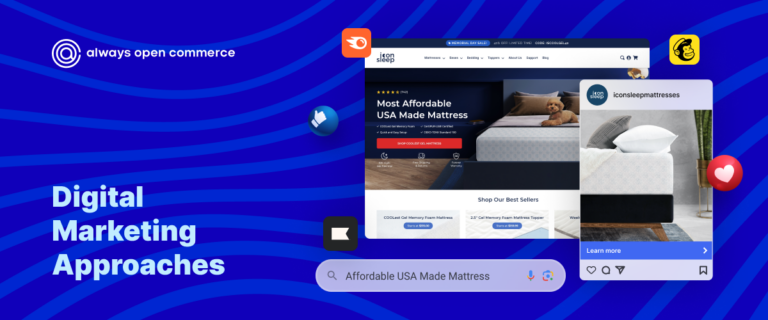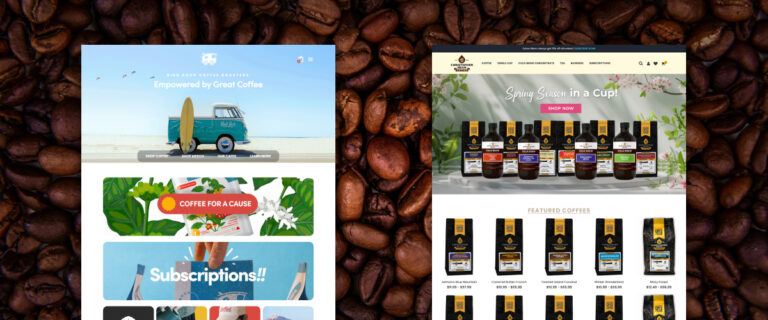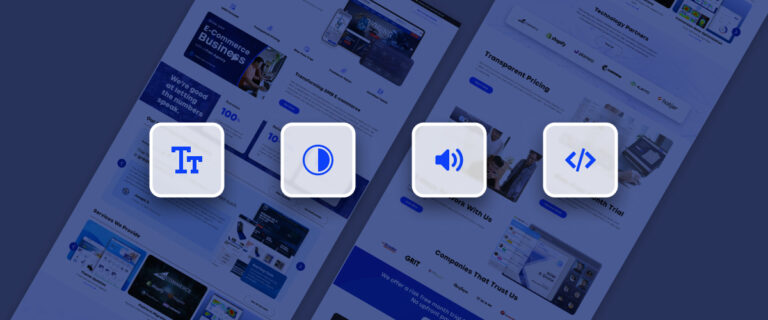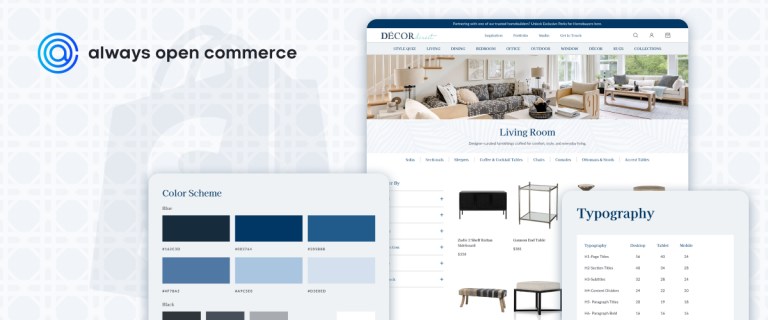An eye-catching and straightforward small business website is the virtual face of your brand, your 24/7 worldwide storefront. It is an avenue for stabilizing credibility, intensifying trust with your audience, and effectively broadcasting your unique value proposition.
Whether a startup or already expanding, creating your first small business website reaches a wider audience and drives more customers through virtual doors. We will guide you through steps into getting started on this exciting journey.
Why Small Businesses Need a Website
A website for your small business is an absolute turning point. It is up and ready to showcase your products or services to the world. A website allows potential customers to easily learn more about what you offer.
- To sweep a wider audience. With billions constantly using the internet, your online presence can attract customers from all corners of the globe, stretching your market beyond geographical boundaries.
- Enhance customer experience and engagement. Displaying valuable information about your business, such as contact details, pricing, and testimonials. This makes it easier for potential customers to decide and confidently choose you over competitors.
- Establish your brand identity and shine. Personalized elements like logos, color schemes, and fonts create a memorable sensation that renders into long-term loyalty.
- Openings for cost-effective marketing strategies. From search engine optimization (SEO) techniques that improve visibility to social media integration that amplifies brand awareness across platforms. There are countless ways to exert your online presence for maximum impact.
A websiteless small business is like trying to navigate through uncharted waters without a compass. It’s cumbersome at best and futile at worst. Don’t let this essential tool slip through your fingers; invest in creating an effective website that propels your business toward greater success!
Choosing a Domain Name and Hosting Platform
When pioneering your first small business website, a domain name and hosting platform is fundamental. You should have a catchy, easy to spell, and significant to your brand domain name. Use an extension that matches with the essence of your business, such as .com for commercial websites or .org for non-profit organizations.
You’ll need a hosting platform that appeases your needs. There are varying options, including shared hosting, VPS hosting, and dedicated servers.
- WordPress: WordPress provides reliable servers that guarantee optimal uptime and fast loading times. This enables websites hosted on the platform to deliver an exceptional browsing experience to visitors from around the world.
- Magento 2: They employ robust firewalls, regular data backups, and advanced encryption protocols to safeguard sensitive information. Magento 2’s control panel enables users to smoothly manage aspects including domains, email accounts, and more.
- IONOS: IONOS provides security features such as SSL certificates and DDoS protection, safeguarding websites from potential cyber threats. It boasts impressive phone or chat uptime guarantees and customer support available 24/7.
- Bluehost: Bluehost ensures seamless website management with features such as unlimited bandwidth, storage, and email accounts. It guarantees optimal performance and fast loading times for websites hosted on their platform.
Carefully considering your options and making informed choices about domain names and hosting platforms. Weigh in conditions such as storage space, bandwidth limits, and security features. Look for providers that offer reliable uptime guarantees and regular backups of your website data. Scalability is also a major part as it allows room for growth.
Designate a Platform for Your Website
There are a mass of platforms you can explore, each with its unique attributes and benefits. Consider ease of use, customization options, scalability, and cost when deciding.
BigCommerce
BigCommerce is accessible for those without extensive technical expertise because of its comprehensible features . The interface allows users to navigate effortlessly through varying options and settings. Customization is its core, offering flexibility in developing the website design specifically for your brand.
Shopify
Whether you’re starting small or have ambitions for exponential growth, this platform can accommodate your evolving needs seamlessly. Its architecture ensures stability even during high traffic periods and allows quick loading times across different devices.
WordPress
This acclaimed system offers absolute ease of use combined with full customization options. This flexibility makes WordPress an ideal platform for that distinct online presence or individuals looking to showcase their creativity in a personalized manner.
Wix
Another option to consider is Wix. This drag-and-drop website builder helps you produce professional-looking websites without any coding knowledge. It also provides hosting services and has built-in SEO tools to help optimize your site.
The right platform for your small business website depends on the specific goals and requirements you set for your digital storefront. Take time to weigh in each option and try out demos or free trials before committing to one particular platform.
Designing Your Website: DIY or Hire a Professional?
You can either Do It Yourself (DIY) or hire a professional team to handle the technicalities in constructing the elements of your website. These approaches have ups and downs you can weigh before spending time, resources, and money.
- If you want to DIY, there are unpretentious website builders that require no coding skills. Wix, Squarespace, and WordPress offer drag-and-drop interfaces and pre-built templates you can easily modify. This gives you absolute authority over how your website appears and feels.
- If design isn’t your strong suit or you don’t have the time for planning and building websites, hiring a professional web designer is more efficient and less time-consuming. A skilled designer forges a website fully bespoke to your business needs and brand. They guarantee a visually captivating layout with intuitive navigation and optimized user experience.
While hiring a professional may seek higher upfront costs compared to DIY options, it can save you time and frustration. A functional website establishes credibility and attracts potential customers online – so investing in professional expertise could pay off significantly.
Whether you decide to take on the challenge yourself or enlist help from an expert depends on factors such as budget, time constraints, design skills, and personal preference. Whichever path you choose for designing your small business website should align with your goals while delivering an exceptional online presence for success.
Final Thoughts
Creating your first small business website may seem intimidating, but with the exact strategies and tools, it’s simpler. Remember that a website influences the further success of your small business.
Now armed with these obvious ways to develop your initial small business website, start building your online presence. Enjoy this opportunity to showcase what makes your business unique and connect with customers on a whole new level.
What’s making you wait? Get started today and watch as your small business flourishes with the help of our certified developers and creative web designers at Always Open Commerce!

